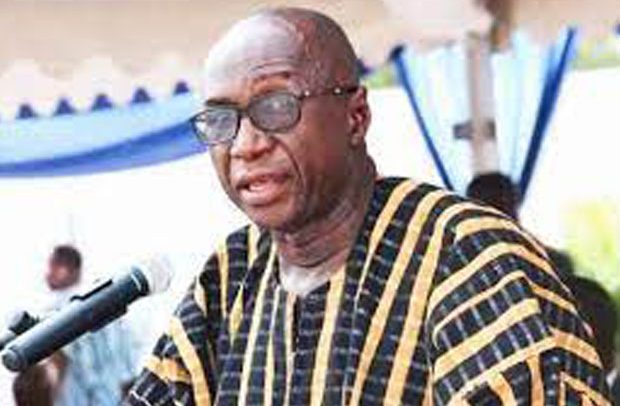Ambrose Dery
The Government has denied allegations of a secret plot to remove the Inspector General of Police (IGP), Dr. George Akuffo Dampare, from his position before the 2024 general elections.
This follows the leakage of a tape that allegedly reveals a scheme by a high-ranking police officer and a member of the New Patriotic Party to oust the IGP, apparently over concerns that he could impede efforts to manipulate the 2024 election outcome.
In a press conference held in Parliament on Tuesday, the Interior Minister, Ambrose Dery, categorically dismissed the allegations as baseless and unfounded, emphasizing the importance of maintaining the integrity and independence of the police force during the electoral process.
He also assured the public that the government has no intention of tampering with the 2024 elections, and that President Akufo-Addo does not plan to extend his term beyond its stipulated end date.
“Tapes will be useful if they relate to a crime, but otherwise No. But I haven’t made that determination whether this is criminal or not. Let me make it absolutely clear that this government is not going to tamper with the 2024 elections. The president does not want to stay one more hour beyond his term. We also want to make sure that we have a free and fair election,” he said.
However, the Minority in Parliament has called on the government to investigate the leaked tape thoroughly, in view of its implications for the country’s democracy. Speaking to journalists, the Ranking Member on the Defence and Interior Committee of Parliament, James Agalga, described the alleged plot as a potential act of treason, and urged the government to take urgent action to address the matter.
It remains to be seen how this latest development will impact Ghana’s political landscape, as the country gears up for another election cycle in 2024.
However, the leaked tape and subsequent denials by the government have fueled speculation about the state of Ghana’s democracy and the neutrality of its security agencies.
By Vincent Kubi

